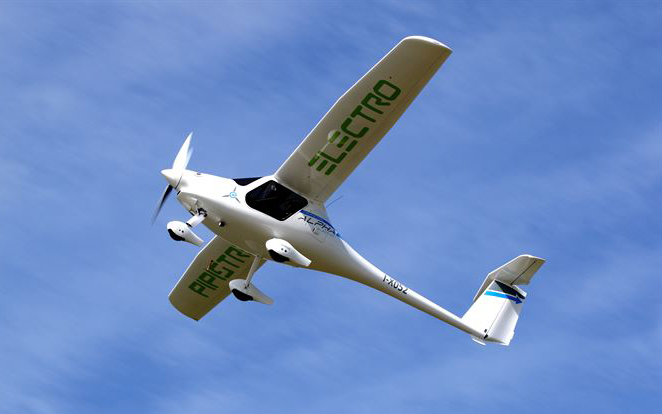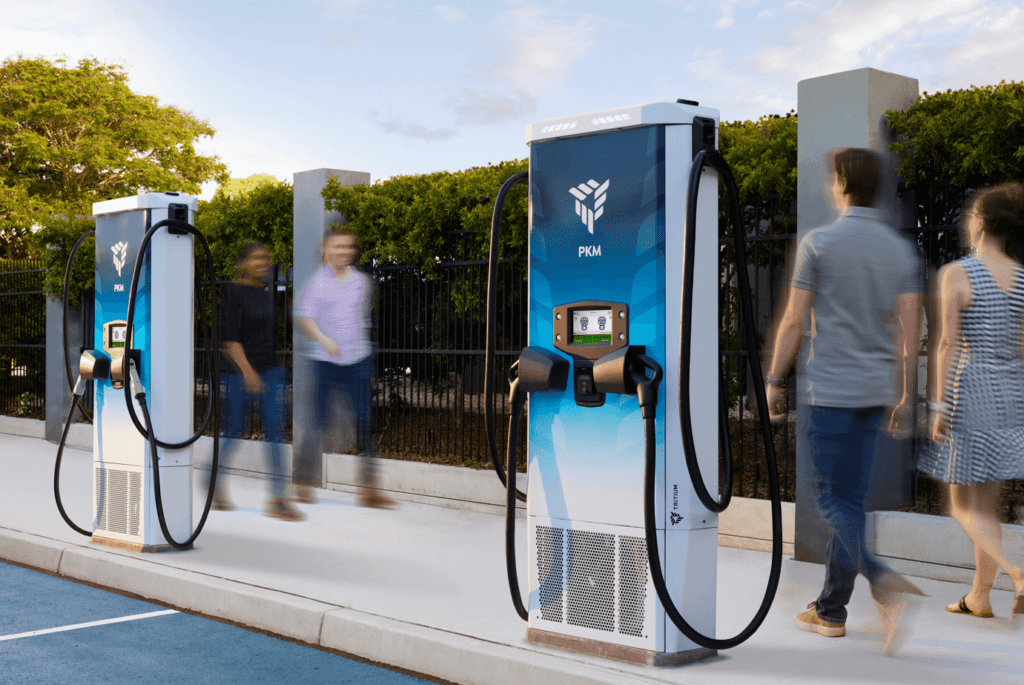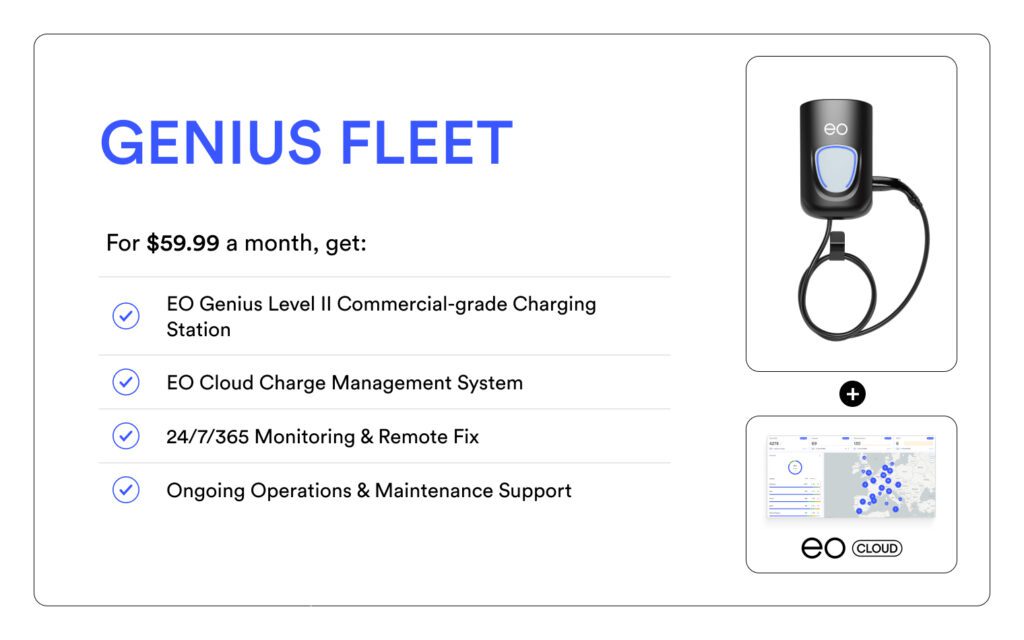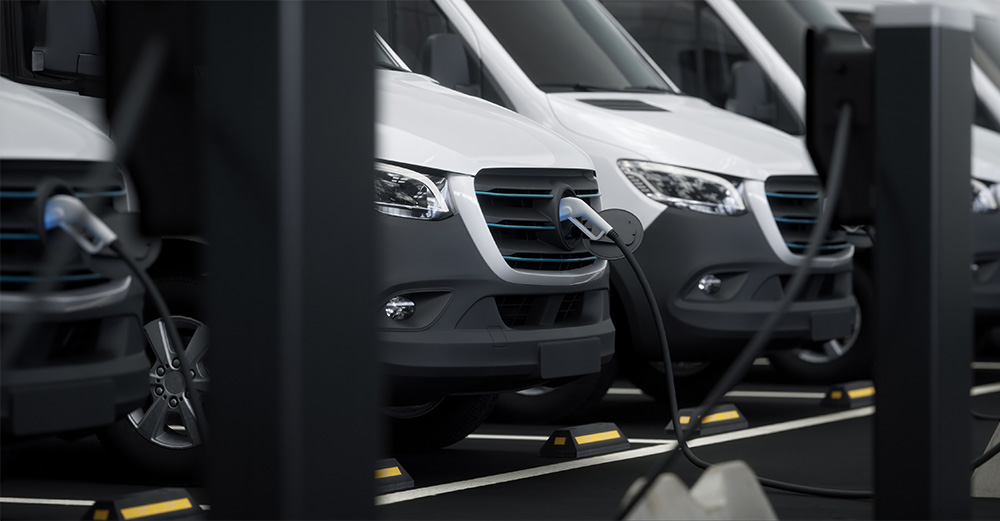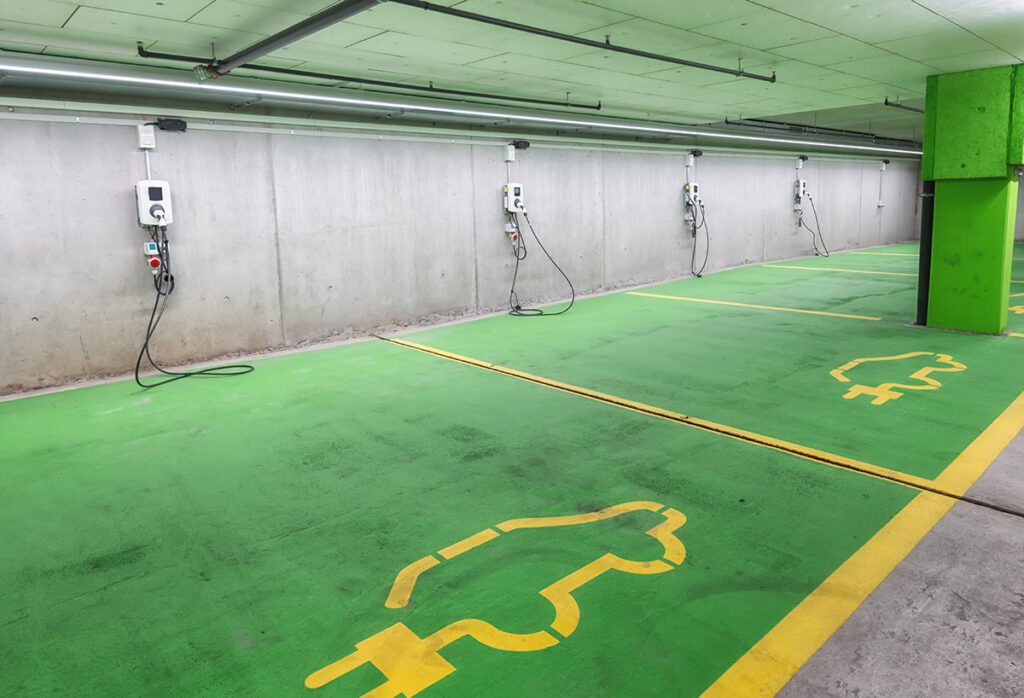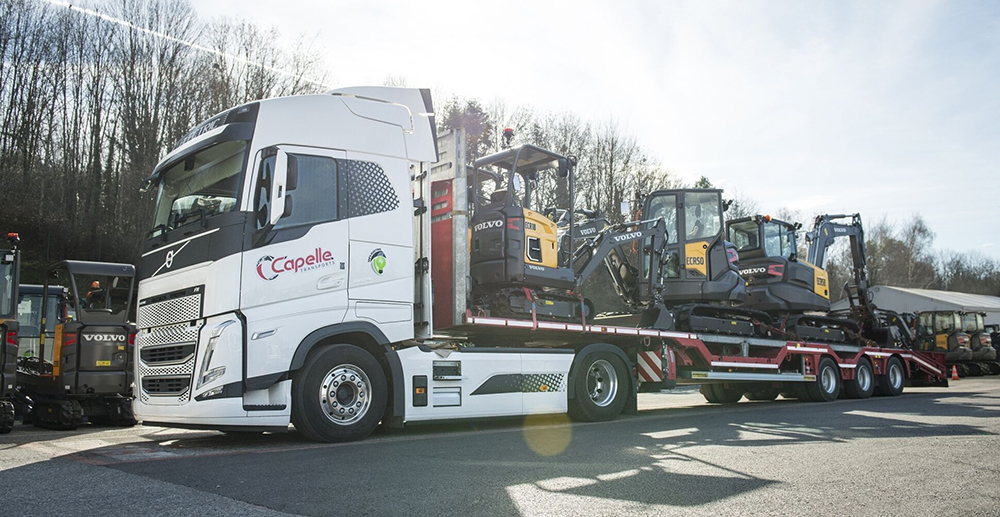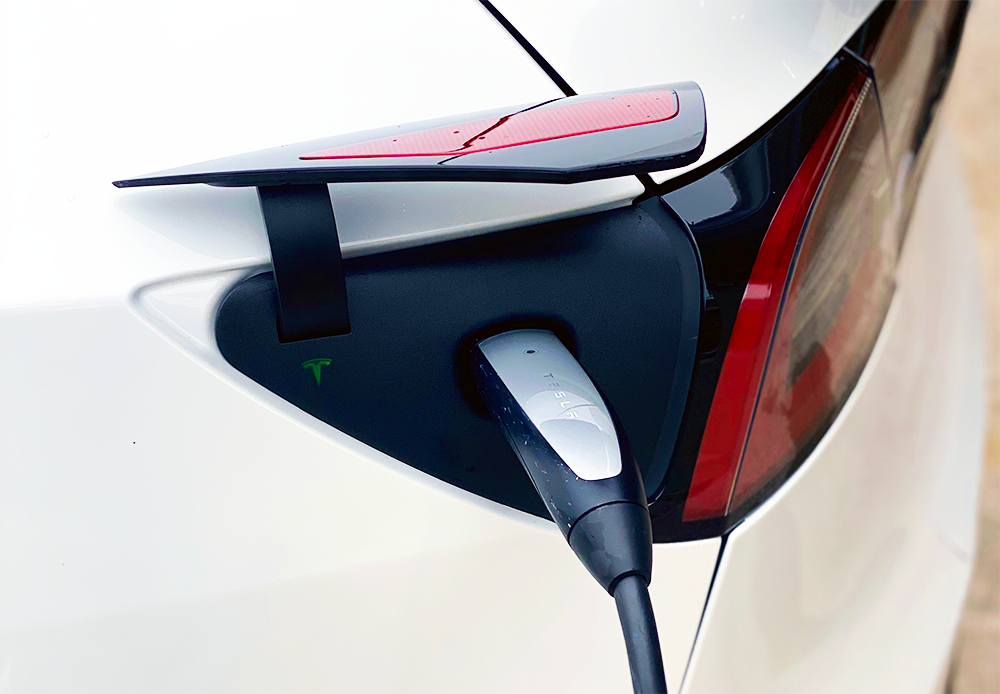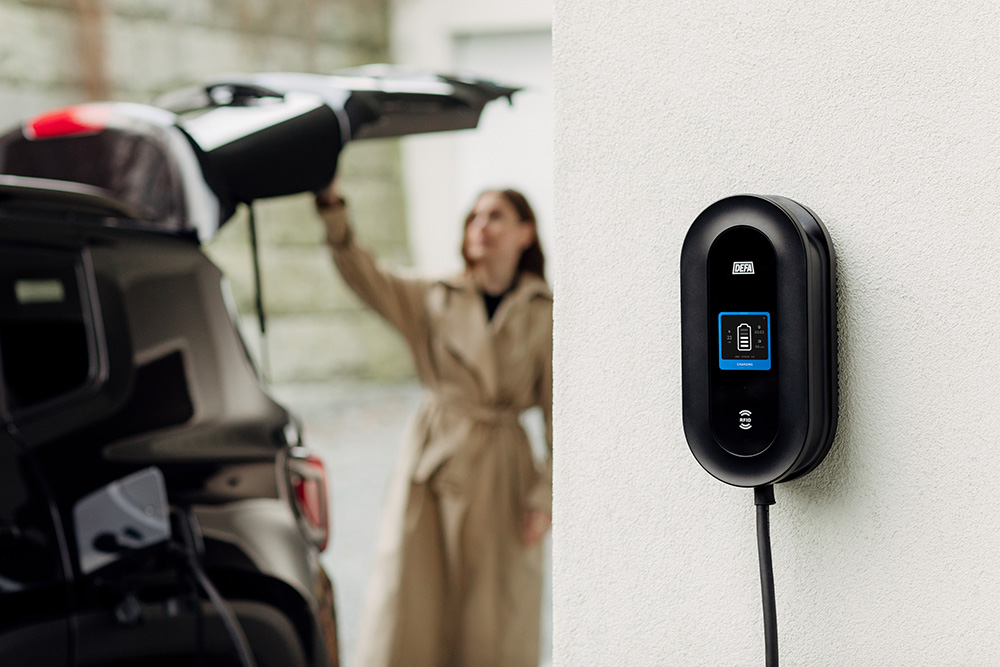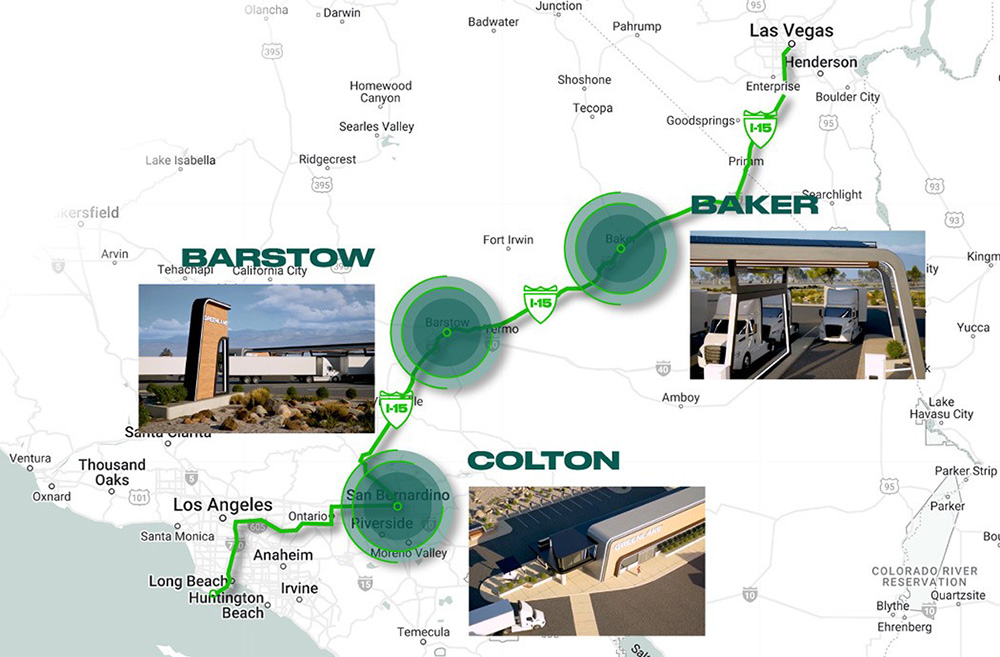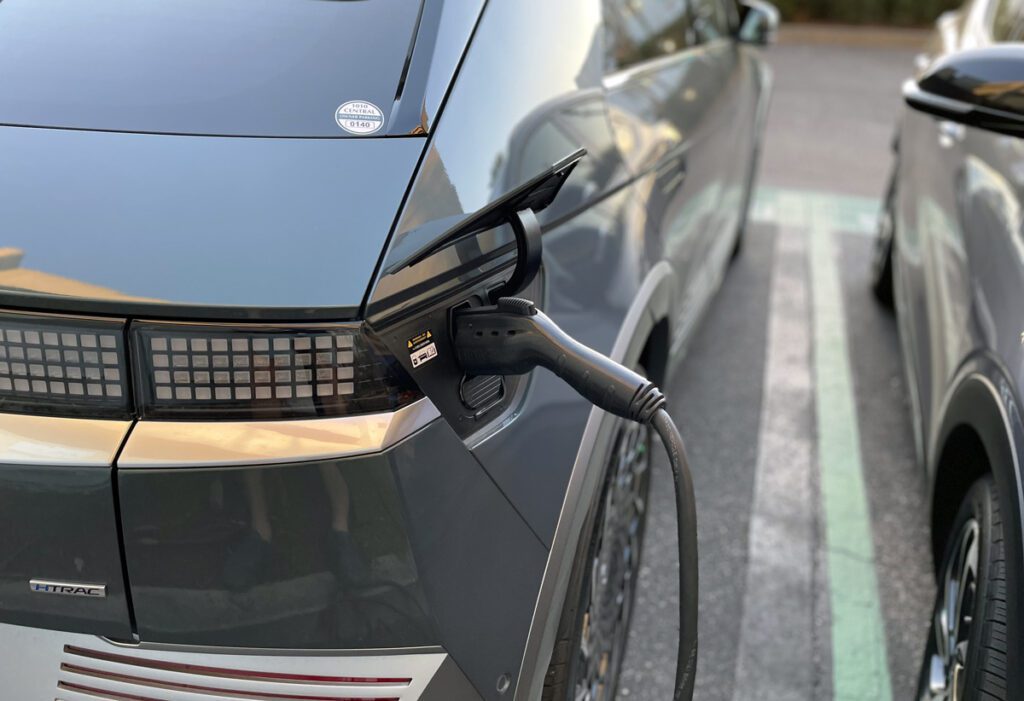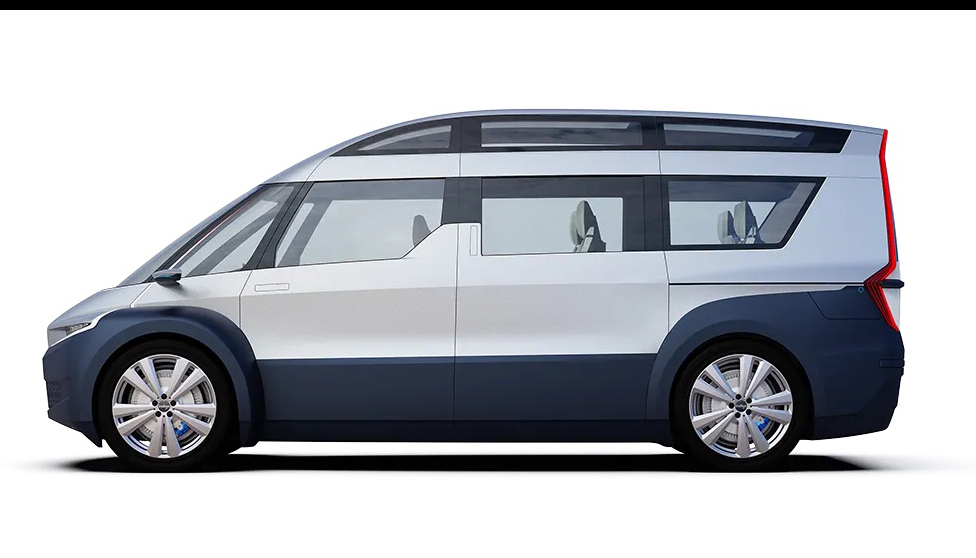Researchers at Chalmers University of Technology, located in Göteborg, Sweden, have performed the first life-cycle assessment of a commercially available two-seater all-electric aircraft—the Pipistrel Alpha Electro, manufactured in Slovenia—directly comparing it to the fossil fuel-powered version of the same plane.
The research, much of which was informed by records and data from the manufacturer, studied the entire cradle-to-grave impact of each aircraft, from extraction of raw materials to end of life. Impact categories under consideration included global warming from greenhouse gas emissions, mineral resource scarcity from the use of rare minerals, particle emissions, acidic emissions and ground-level ozone formation. The study discusses the further development of batteries as a major step toward reducing the life cycle impacts of the electric aircraft.
As with EVs, electric aircraft are comparatively worse from a climate point of view when new, as battery production consumes a lot of energy and resources. Over time, the study shows, the relative impact decreases as emission-free benefits are realized, and eventually a break-even point is reached. After approximately 1,000 flight hours, the electric aircraft overtakes the fossil fuel aircraft in terms of reduced climate impact, as long as green energy is used for charging. The estimated life span of the aircraft is at least 4,000 hours, four times as long as the break-even time.
“There is a constant development of lithium-ion batteries that can improve the environmental performance of the electric aircraft and make it preferable to the fossil-fueled one. There are also new battery technologies that could be developed and be applicable to electric aircraft in a longer time perspective, such as lithium-sulfur batteries, although these are still in an early phase of technology development,” said Rickard Arvidsson, lead author of the study..
The research, conducted by Rickard Arvidsson, Anders Nordelöf and Selma Brynolf, was presented in “Life cycle assessment of a two-seater all-electric aircraft,” published in The International Journal of Life Cycle Assessment.
Source: Chalmers



